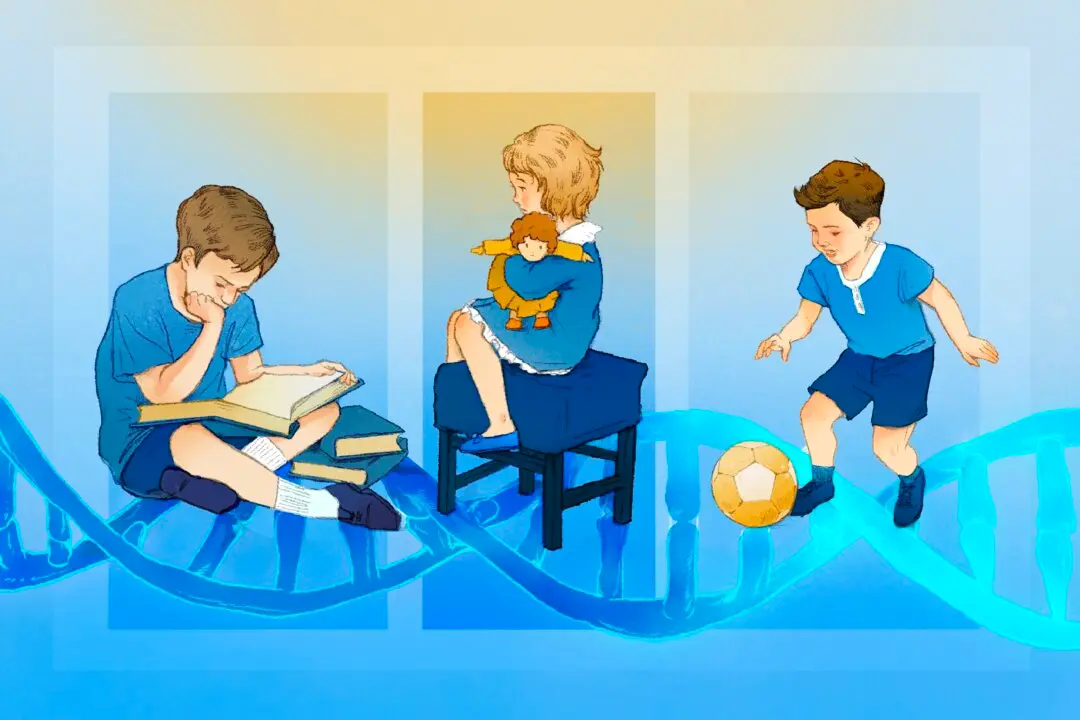The U.S. Department of Health and Human Services (HHS) gave out a further $115 million in funding on Thursday as part of the Biden administration’s plan to reduce the number of new HIV infections in the United States by at least 90 percent by 2030.
Nearly $103 million was given to 39 metropolitan areas and eight states including Mississippi, Kentucky, Missouri, South Carolina, Alabama, Arkansas, Oklahoma, and Ohio, for core medical and support services to reduce new HIV infections.






